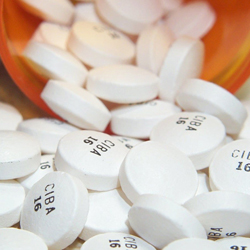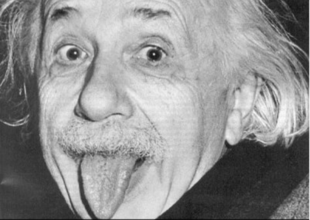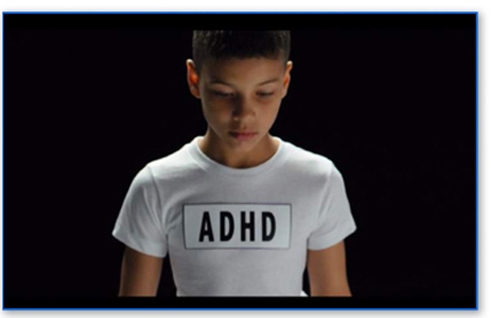The drugging of children for A.D.H.D. has become an epidemic. More than 5 million U.S. children, or 9.5 percent, were diagnosed with A.D.H.D. as of 2007. About 2.8 million had received a prescription for a stimulant medication in 2008.
The A.D.H.D. diagnosis does not identify a genuine biological or psychological disorder. The diagnosis, from the 2000 edition of the “Diagnostic and Statistical Manual of Mental Disorders,” is simply a list of behaviors that require attention in a classroom: hyperactivity (“fidgets,” “leaves seat,” “talks excessively”); impulsivity (“blurts out answers,” “interrupts”); and inattention (“careless mistakes,” “easily distractible,” “forgetful”). These are the spontaneous behaviors of normal children. When these behaviors become age-inappropriate, excessive or disruptive, the potential causes are limitless, including: boredom, poor teaching, inconsistent discipline at home, tiredness and underlying physical illness. Children who are suffering from bullying, abuse or stress may also display these behaviors in excess. By making an A.D.H.D. diagnosis, we ignore and stop looking for what is really going on with the child. A.D.H.D. is almost always either Teacher Attention Disorder (TAD) or Parent Attention Disorder (PAD). These children need the adults in their lives to give them improved attention.





